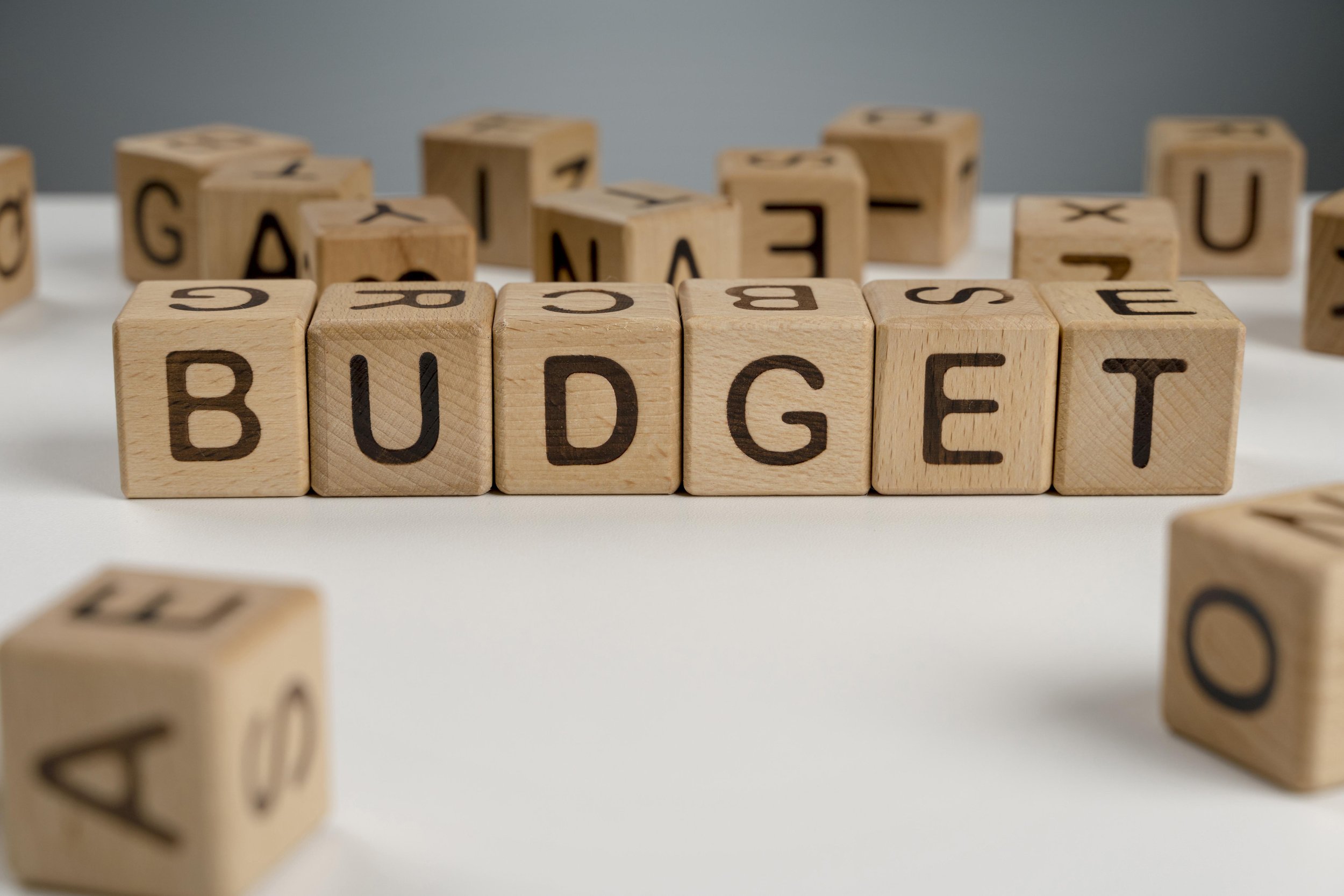11 Habits to Control your Money
The following is a summary of the best tips for consumers from Dr Adrian Raftery, senior lecturer in Financial Planning and Superannuation at Deakin University.
1. Control/reduce debt
We have been blessed with some large interest rate cuts over the last few years but expect them to rise. Just how much they will rise by is anyone's guess but I suggest you prepare for them to rise by 2 per cent. There will be pain so try and take advantage of these lower rates (and petrol prices) whilst you can and create a buffer for future years.
2. Cut up the credit card
It is probably the hardest thing to do as most of us view the credit card as our "security blanket". But it's really the devil and the quicker that you take decisive action the better.
3. Government co-contribution
Want some free money? At the very least Get into KiwiSaver and put in the minimum amount that will get you the full government contribution to YOUR account each year.
4. Don't incur late fees
Get into the habit of paying bills on time. Don't be lazy and get slugged with late fees by being inefficient. $30 here and $50 there adds up over 12 months.
5. Write up a budget
Most people get put off with having to write up a budget but they are really important for any household savings plan. Excel spreadsheets has an excellent tool to make it an easier process. Simply type "Personal Budget Template" in the help menu.
6. Save for a rainy day
Got caught out in the GFC? Don't let it happen again and open savings accounts - one each for education, holidays, Christmas and emergencies. Put a regular amount from every pay packet into each.
7. Start studying
The best investment is in yourself. There are going to be some great opportunities in the job market later, and doing extra study to acquire more skills which may lead to a promotion or that better paying job.
8. Make yourself indispensable
Times are tough for many small businesses especially and a few are going to make the tough call and lay off some staff. The key to make yourself indispensable with your positive attitude and willingness to do a variety of tasks.
9. Spending diet
There are two ways to save money - earn more or spend less. "Cut the fat" out of your spending. Eating out, socialising, technology, clothing and transport are the main areas to focus on. Look for bargains and buy in bulk. Worry about the cents and the dollars will look after themselves.
10. Get fit
Enter into a few fun runs and challenge yourself to get fit. Behind the scenes you will be reducing your binging on junk food and alcohol which always puts a dent into savings.
11. Set Goals.
6 GOLDEN RULES WHEN SETTING GOALS
Write them down - by putting your goals onto paper you develop a challenge for yourself to try and achieve. Don't be afraid to put some pressure on yourself.
Be specific - don't just say that you are going to save. Put down an exact figure that you want to save such as $325 per month.
Goals must be realistic - you are not going to make a million dollars so it is a waste of time putting that down. You want to set goals that are challenging yet attainable if you put in the hard yards. Dangle the carrot sufficiently in view by not making them easy either.
Set timeframes - don't leave your goals open ended. Set a date that they must be achieved by. For example, pay off your credit card by April 2015.
Monitor your goals - put a note in your diary or Outlook calendar to review your goals every three months. A mid-year financial check-up can set you back on track if you have been slack.
Don't get lazy - get into the mindset that you are going to take control of your finances this year and just do it!
Want balance in your life, ensuring you have the right amount of everything? Share your hopes and dreams. Plan your future and let me help you make sure you have peace of mind along the way.
Nimalka Perera
Business Development Manager
New Vision Financial Services
Plan your future and let us help you have peace of mind along the way.

